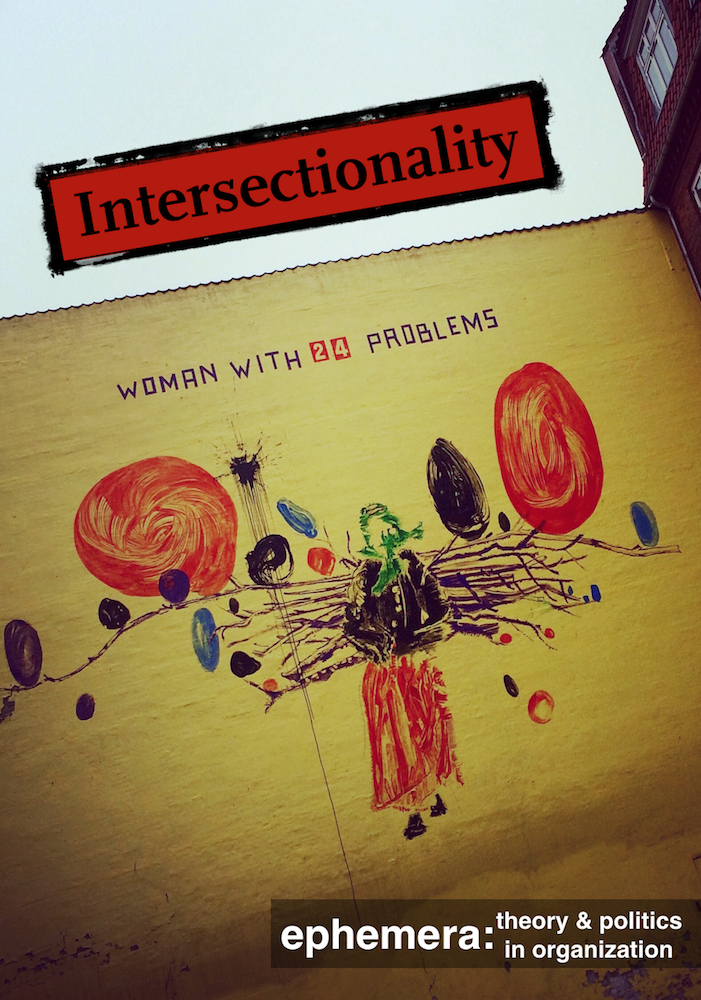D. Fox Harrell: Phantasmal Media: An Approach to Imagination, Computation, and Expression (2013)
Filed under book | Tags: · agency, artificial intelligence, cognition, computation, computing, epistemology, ethnicity, imagination, interface, meaning, media, metaphor, narrative, new media art, poetics, power, race, self, semiotics, subjectivity, technology, theory, video games

“An argument that great expressive power of computational media arises from the construction of phantasms—blends of cultural ideas and sensory imagination.
In Phantasmal Media, D. Fox Harrell considers the expressive power of computational media. He argues, forcefully and persuasively, that the great expressive potential of computational media comes from the ability to construct and reveal phantasms—blends of cultural ideas and sensory imagination. These ubiquitous and often-unseen phantasms—cognitive phenomena that include sense of self, metaphors, social categories, narrative, and poetic thinking—influence almost all our everyday experiences. Harrell offers an approach for understanding and designing computational systems that have the power to evoke these phantasms, paying special attention to the exposure of oppressive phantasms and the creation of empowering ones. He argues for the importance of cultural content, diverse worldviews, and social values in computing. The expressive power of phantasms is not purely aesthetic, he contends; phantasmal media can express and construct the types of meaning central to the human condition.
Harrell discusses, among other topics, the phantasm as an orienting perspective for developers; expressive epistemologies, or data structures based on subjective human worldviews; morphic semiotics (building on the computer scientist Joseph Goguen’s theory of algebraic semiotics); cultural phantasms that influence consensus and reveal other perspectives; computing systems based on cultural models; interaction and expression; and the ways that real-world information is mapped onto, and instantiated by, computational data structures.
The concept of phantasmal media, Harrell argues, offers new possibilities for using the computer to understand and improve the human condition through the human capacity to imagine.”
Publisher MIT Press, 2013
ISBN 9780262019330, 0262019337
xix+420 pages
Reviews: John Harwood (Artforum, 2014), Brian Reffin Smith (Leonardo, 2015).
Comment (0)Ephemera, 18(1): Intersectionality (2018)
Filed under journal | Tags: · feminism, intersectionality, metoo, power, race

“The continued interest in intersectionality can be seen as a positive sign that feminist-inspired scholarship still has something significant to offer, and that its political dimension lives on. In management and organization studies, Intersectionality has been seized either as a theoretical lens or methodological approach in a number of literature strands, in both conceptual and empirical work. Yet, it would be too hasty to conclude that intersectionality is the answer to all ills, or the panacea that can replace the use of the ‘f-word’ altogether. This special issue addresses a number of tensions and contention points in intersectionality research. We formulate them as follows: i. a tension between seeing intersectionality as a bounded vs. polymorphous concept; ii. a tension between intersections as stable vs. fluid; iii. a tension between intersectional thinking as a tool to apprehend embodied experiences vs. as a possible limitation to a universal democratic and emancipatory project. The aim of our special issue is thus not to take sides in these ongoing discussions, but rather to see what intersectionality can ‘do’ for organization studies at large. Authors in this special issue address, at times passionately, one or the other side of these arguments.”
Edited by Florence Villesèche, Sara Louise Muhr, and Martyna Śliwa
Publisher Ephemera collective, with MayFlyBooks, Feb 2018
Creative Commons Attribution-Noncommercial-No Derivative Works 3.0 Unported License
ISBN 9781906948405
227 pages
David Macey: Frantz Fanon: A Biography (2000–)
Filed under book | Tags: · algeria, biography, colonialism, communism, existentialism, france, literature, marxism, négritude, philosophy, psychiatry, race, racism

“Born in Martinique, Frantz Fanon (1925–61) trained as a psychiatrist in Lyon before taking up a post in colonial Algeria. He had already experienced racism as a volunteer in the Free French Army, in which he saw combat at the end of the Second World War. In Algeria, Fanon came into contact with the Front de Libération Nationale, whose ruthless struggle for independence was met with exceptional violence from the French forces. He identified closely with the liberation movement, and his political sympathies eventually forced him out the country, whereupon he became a propagandist and ambassador for the FLN, as well as a seminal anticolonial theorist.
David Macey’s eloquent life of Fanon provides a comprehensive account of a complex individual’s personal, intellectual and political development. It is also a richly detailed depiction of postwar French culture. Fanon is revealed as a flawed and passionate humanist deeply committed to eradicating colonialism.”
First published by Picador, 2000
Second edition published by Verso, London, 2012
ISBN 9781844677733, 1844677737
xxii+639 pages
Reviews: Megan Vaughan (London Review of Books, 2001), Peter Lennon (The Guardian, 2001), Mark Christian (Journal of Colonialism and Colonial History, 2002), Gareth Stanton (History Workshop Journal, 2002), Ciaran Mulholland (Socialist World, 2002), Godwin Kwadwo Osei-Nyame (Research in African Literatures, 2004), Kirkus Reviews (2001), Publishers Weekly (2001), Stephen Howe (New Humanist, 2013).
Interview with author (Theory, Culture & Society, 2011).
Comment (0)
